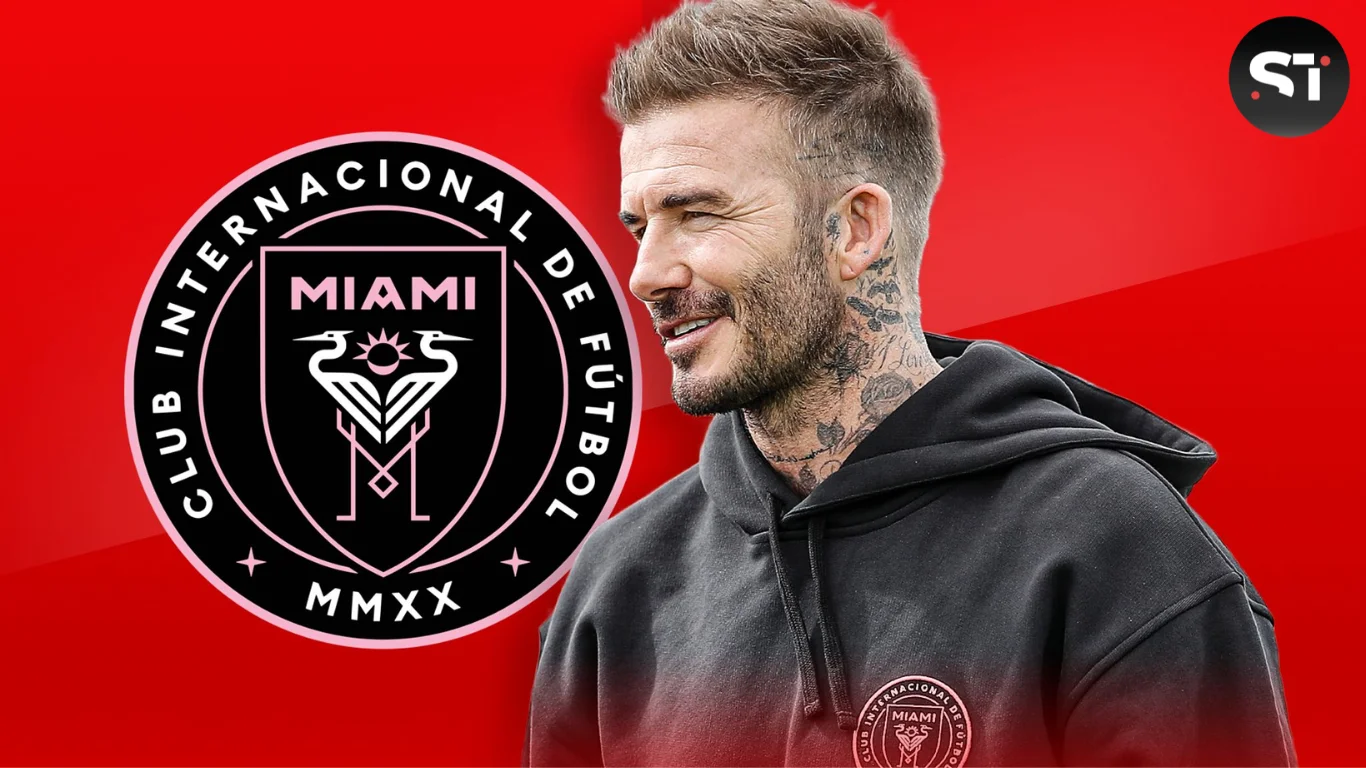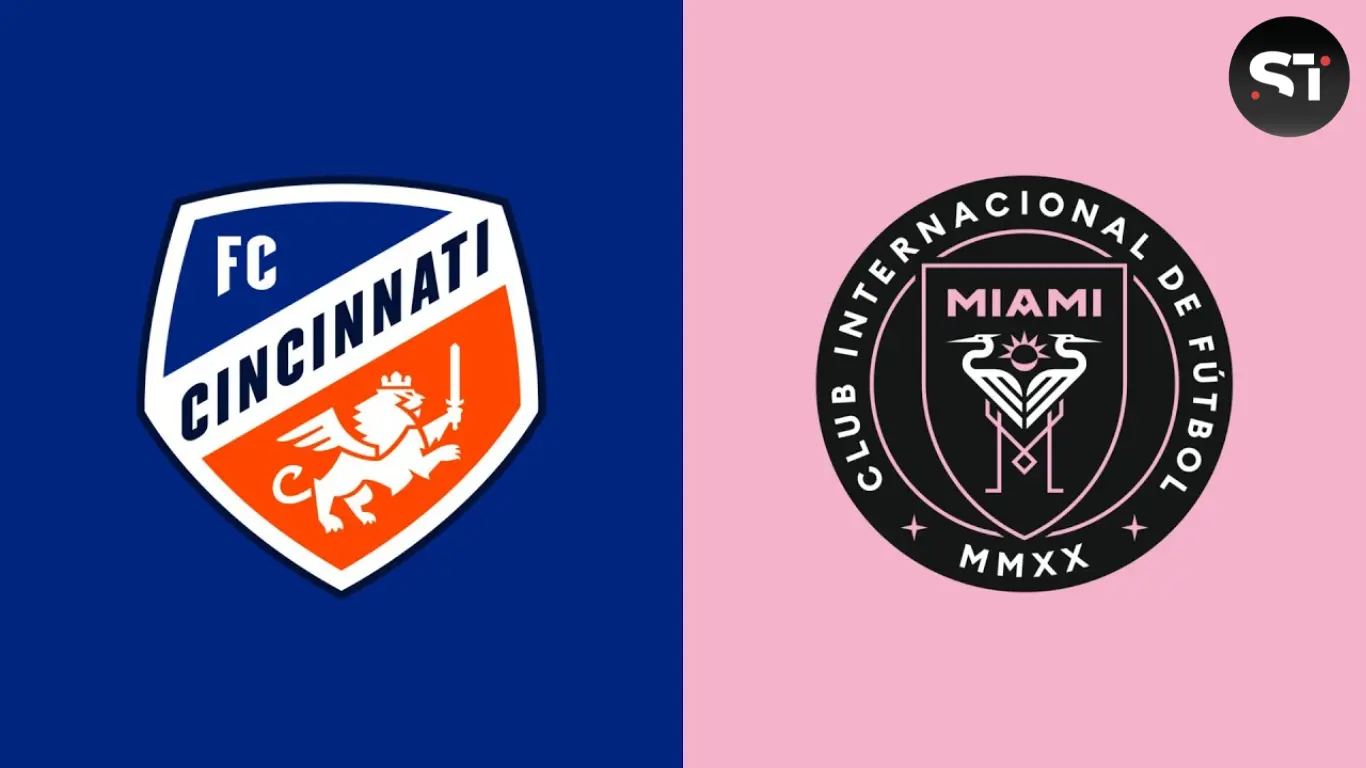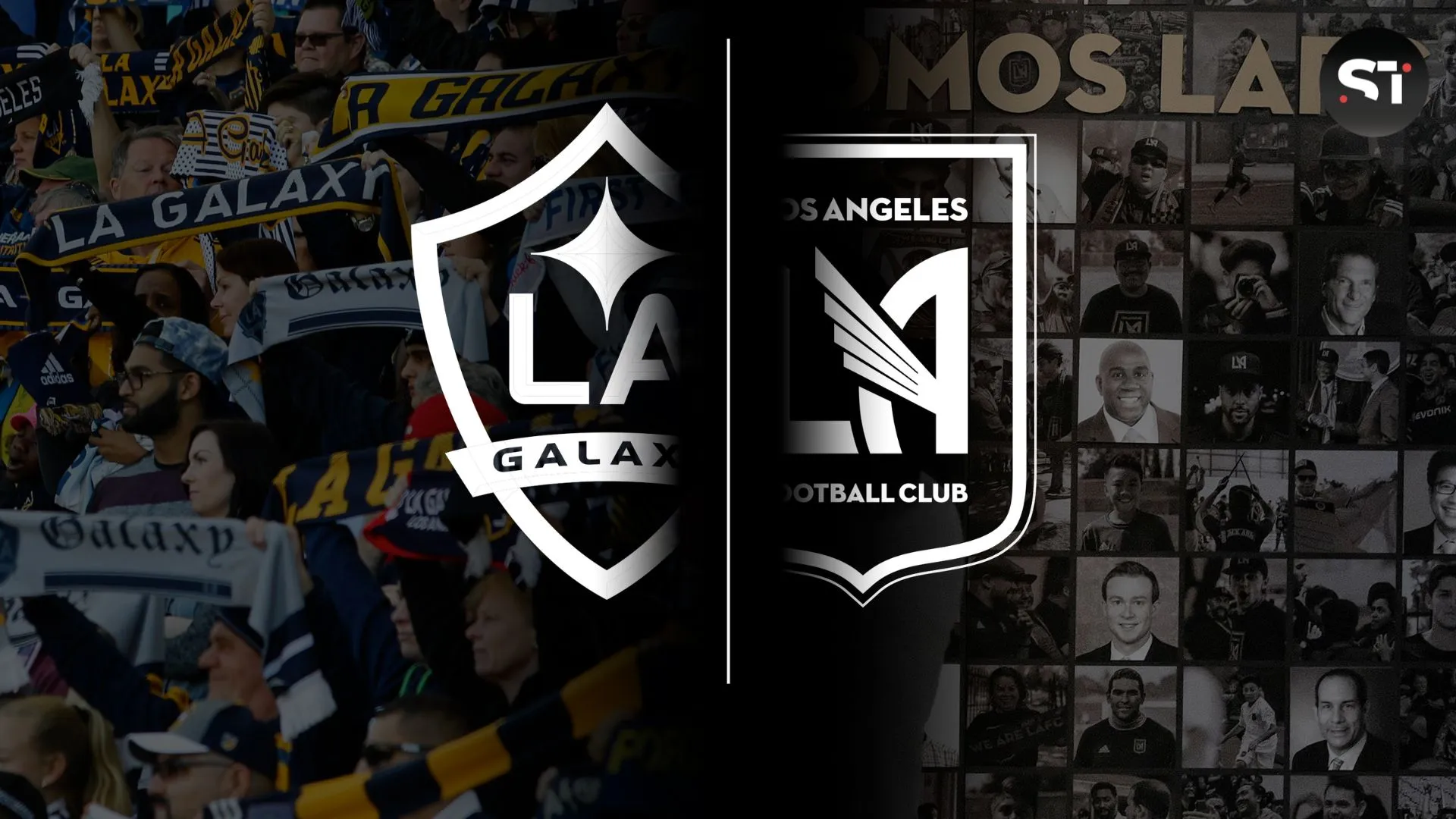Major League Soccer (MLS) has evolved dramatically since its inception in 1993, thanks in large part to the influx of international players. These athletes have brought not only their diverse skill sets and competitive spirit but also a global audience that has transformed MLS into a vibrant and dynamic league. The influence of international players in MLS is unmistakable, shaping the league’s culture, level of play, and popularity both domestically and worldwide.
The Beginnings of International Influence
In the early years, MLS relied heavily on domestic talent, but it soon became apparent that to compete on a global scale and attract a larger audience, the league needed to embrace international players. The inclusion of stars like Carlos Valderrama, a Colombian midfield maestro, and Mexican forward Jorge Campos, helped MLS gain credibility. These players were pivotal not only on the field but also in marketing the league to a broader audience.
The Beckham Effect
A watershed moment for MLS was the signing of English superstar David Beckham by LA Galaxy in 2007. Beckham’s arrival marked the beginning of a new era, often referred to as the “Beckham Effect.” His global fame brought unprecedented attention to the league, attracting more international talent and leading to a surge in viewership and sponsorships.

Beckham’s influence extended beyond the pitch as he became a co-owner of Inter Miami CF, further embedding his legacy in American soccer.
Diverse Talent Enriches the League
The roster of international players in MLS is now a tapestry of diverse talent from across the globe. Players from Latin America, Europe, Africa, and Asia have all found success in MLS, contributing to the league’s growth and competitive balance.
Latin American Flair
Latin American players have had a profound impact on MLS. The technical skills, creativity, and passion brought by these players have been a significant draw for fans. Stars like Diego Valeri from Argentina and Josef Martínez from Venezuela have not only won individual accolades but have also led their teams to championships. Their influence is seen in the style of play adopted by many teams, which often emphasizes attacking football and technical prowess.
European Experience
European players have also left an indelible mark on MLS. Icons like Thierry Henry, who played for the New York Red Bulls, and Zlatan Ibrahimović of LA Galaxy brought with them a wealth of experience from top European leagues. Their presence has elevated the standard of play and provided invaluable mentoring to younger American players. The tactical sophistication and professionalism instilled by these veterans have helped MLS teams perform better in international competitions.
African Resilience
African players have contributed significantly to MLS’s competitive spirit and resilience. Players like Kei Kamara from Sierra Leone and Michael Essien from Ghana have showcased their talent and determination, becoming fan favorites. Their journeys often inspire many, highlighting the league’s inclusive nature and the opportunities it provides to players from diverse backgrounds.

Asian Ambassadors
Asian players have also made their mark, though in smaller numbers. Japanese players like Keisuke Honda have brought unique playing styles and a disciplined approach to the game. Their presence helps in expanding MLS’s reach into Asian markets, attracting a new segment of fans and creating commercial opportunities.
The Economic Impact
The economic implications of international players in MLS cannot be overstated. These players often come with a fan base that boosts ticket sales, merchandise revenue, and viewership numbers. The “Designated Player Rule,” often referred to as the “Beckham Rule,” allows MLS teams to sign up to three players outside the salary cap, which has enabled the recruitment of high-profile international talent.
Sponsorship and Media Deals
The presence of international stars has attracted significant sponsorship and media deals. Brands looking to leverage the global appeal of players like David Villa or Kaká have invested heavily in MLS. This influx of capital has allowed the league to improve its infrastructure, youth academies, and overall quality of competition.
Increasing Marketability
International players also enhance the marketability of the league. Their diverse backgrounds and global fan bases help MLS tap into international markets, broadcasting games to audiences around the world.

This global reach is crucial for the league’s growth, as it strives to become one of the top soccer leagues internationally.
Cultural Exchange and Fan Engagement
The cultural exchange facilitated by international players enriches the MLS experience for fans. These players bring different traditions, playing styles, and off-field personalities, making the league more colorful and engaging. Fans have the opportunity to learn about different cultures and soccer philosophies, fostering a deeper appreciation for the global nature of the sport.
Fan Clubs and Community Involvement
International players often inspire the formation of fan clubs dedicated to their support. These clubs are not only passionate about their favorite players but also actively engage in community activities. This community involvement helps in building a loyal fan base and strengthening the connection between the club and its supporters.

Social Media Influence
The social media presence of international players also plays a significant role in engaging fans. Players like Zlatan Ibrahimović and Carlos Vela have millions of followers on platforms like Instagram and Twitter. Their posts, interactions, and behind-the-scenes content provide fans with a closer look at their lives, both on and off the field, enhancing fan engagement and loyalty.
Challenges and Future Prospects
While the influence of international players in MLS has been largely positive, it also presents certain challenges. Balancing the inclusion of international talent with the development of domestic players is crucial. The league must ensure that homegrown talent has ample opportunities to thrive and succeed.
Development of Homegrown Talent
MLS has made significant strides in developing homegrown talent through its academy system and the Homegrown Player Rule. However, the presence of international stars can sometimes overshadow local players. It is essential for MLS to strike a balance where international players can mentor and uplift domestic talent, rather than hinder their progress.

Maintaining Competitive Balance
Another challenge is maintaining competitive balance. While high-profile signings bring attention and revenue, they can also create disparities between clubs with more financial resources and those without. The league’s structure, including salary caps and allocation funds, aims to maintain this balance, but it remains a dynamic challenge as the league grows.
Suggested Read: The Impact of David Beckham’s Inter Miami CF on MLS
Conclusion
The influence of international players in MLS has been a game-changer, transforming the league into a globally recognized competition. These players have brought skill, flair, and a wealth of experience, enhancing the quality of play and drawing in fans from around the world. The economic benefits, cultural exchange, and increased fan engagement are testaments to the positive impact of international talent.
As MLS continues to grow, it must navigate the challenges of integrating international and domestic players while maintaining competitive balance. The future looks promising, with the potential for even greater global influence and continued development of local talent. The journey of MLS, fueled by the contributions of international stars, is a compelling narrative of ambition, growth, and the beautiful game.






[…] Suggested Read: Global Impact of International Players in MLS […]